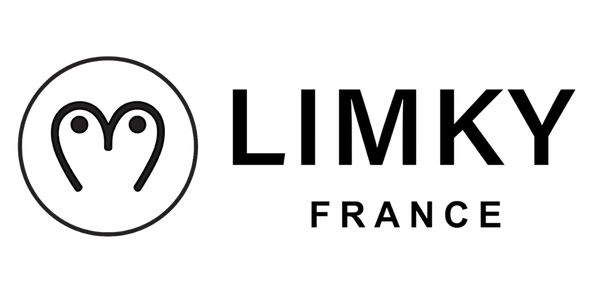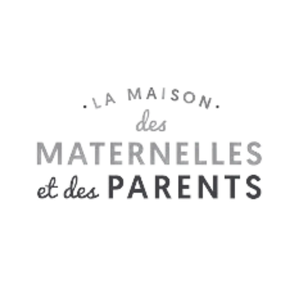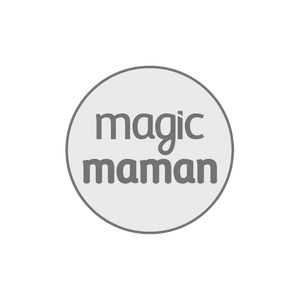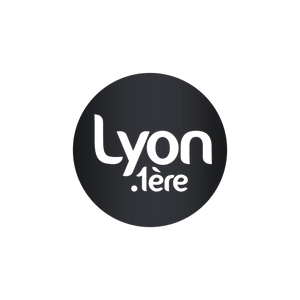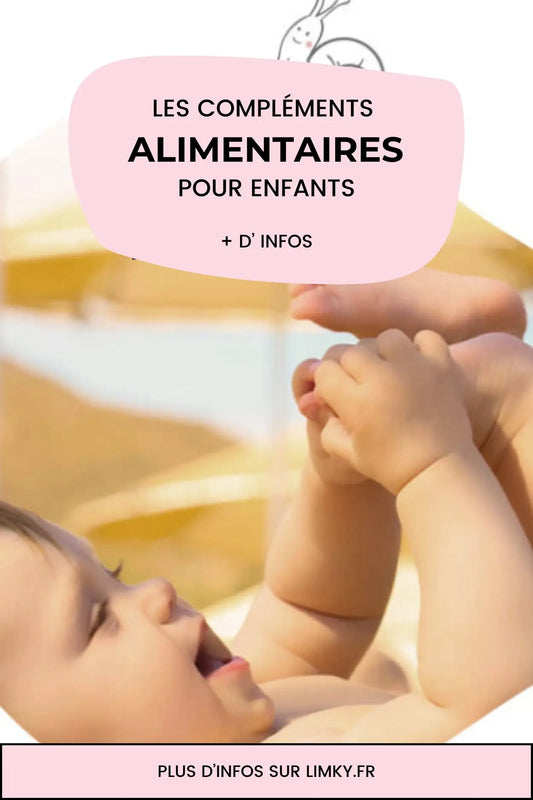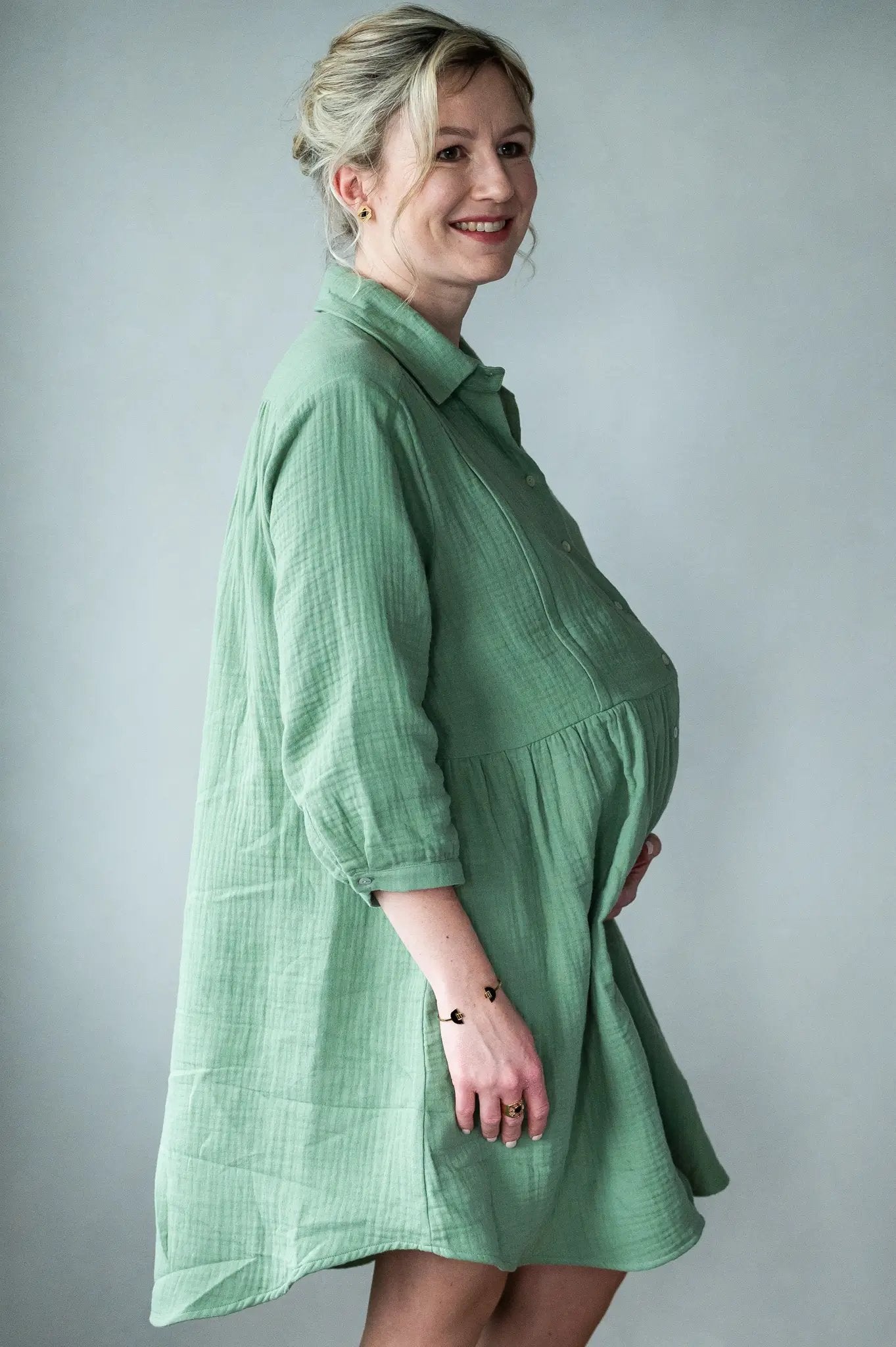POSTPARTUM DEPRESSION
Share
What is postpartum depression?
Source: Charline Born and hatched together - Perinatal and parenting companion
Postpartum depression , also called postnatal depression , is not to be confused with the " baby blues " that many moms go through a few days after giving birth. Beyond two weeks we speak of a " postpartum depression " which is a disease that requires great attention. Postpartum depression affects between 15% and 10% of new mothers. Depressed mothers typically experience hundreds of negative emotions each day. They may feel sadness, anger, guilt, and frustration over the loss of previous interests or goals. Some women also have difficulty concentrating and memory problems as they become increasingly depressed.
What are the symptoms ?
The symptoms are diverse and can be:
- The Depression,
- anxiety,
- The stress,
- Difficulty sleeping,
- Concentration Difficulties,
- Difficulty eating,
- A lack of interest in daily activities
- Impulse phobias .
Untreated, postpartum depression can lead to more serious medical conditions . It is therefore important to receive help as soon as possible.
It has also been proven that a woman who suffered from depression before pregnancy, in childhood or even in her life as a woman is more at risk of postpartum depression.
HOW TO TREAT POSTPARTUM DEPRESSION?
Doctors don't know the cause of this postnatal depression , but several factors can increase the risk. Postpartum depression can thus be partly explained by physiological causes such as:
- hormonal changes,
- Lack of sleep,
- exhaustion,
Healing is of course possible! If you recognize the signs of postpartum depression , seek help immediately. You can tell your loved ones about it, indeed the support of family and friends is crucial when healing from postnatal depression ! It is also possible to speak to a professional such as a doctor, midwife, professional working in a PMI, psychologist, etc. There is also an association (recognized as being of public interest by the government) Association Maman Blues . This association makes it possible to put mothers who need help in contact with “referent” mothers. They also offer speaking groups .
There are also parent-baby hospitalization services to treat serious postpartum depression.
Are fathers also affected by postpartum depression ?
Depression would thus affect nearly 10% of fathers during pregnancy . This proportion would be 14% during the first trimester. After the arrival of the child, approximately 9% of fathers suffer from depression, more particularly between 3 and 6 months after birth. A young father is not spared emotional upheaval and questioning of responsibilities. Faced with this baby who disrupts the family pattern, the management of daily life becomes, for some, difficult to manage and the instructions to find and discover can prove to be complicated. The emotions experienced around new feelings, the stress related to certain events that may have occurred at birth accentuate fatigue. The link with his own history and the obligatory psychic reorganization also explains the difficulty experienced.
HOW TO TREAT POSTPARTUM DEPRESSION?
Just like for the mother, it is very important for the father to talk about it, to confide in those around him and/or in a health professional.
Source: Charline Born and hatched together - Perinatal and parenting companion
